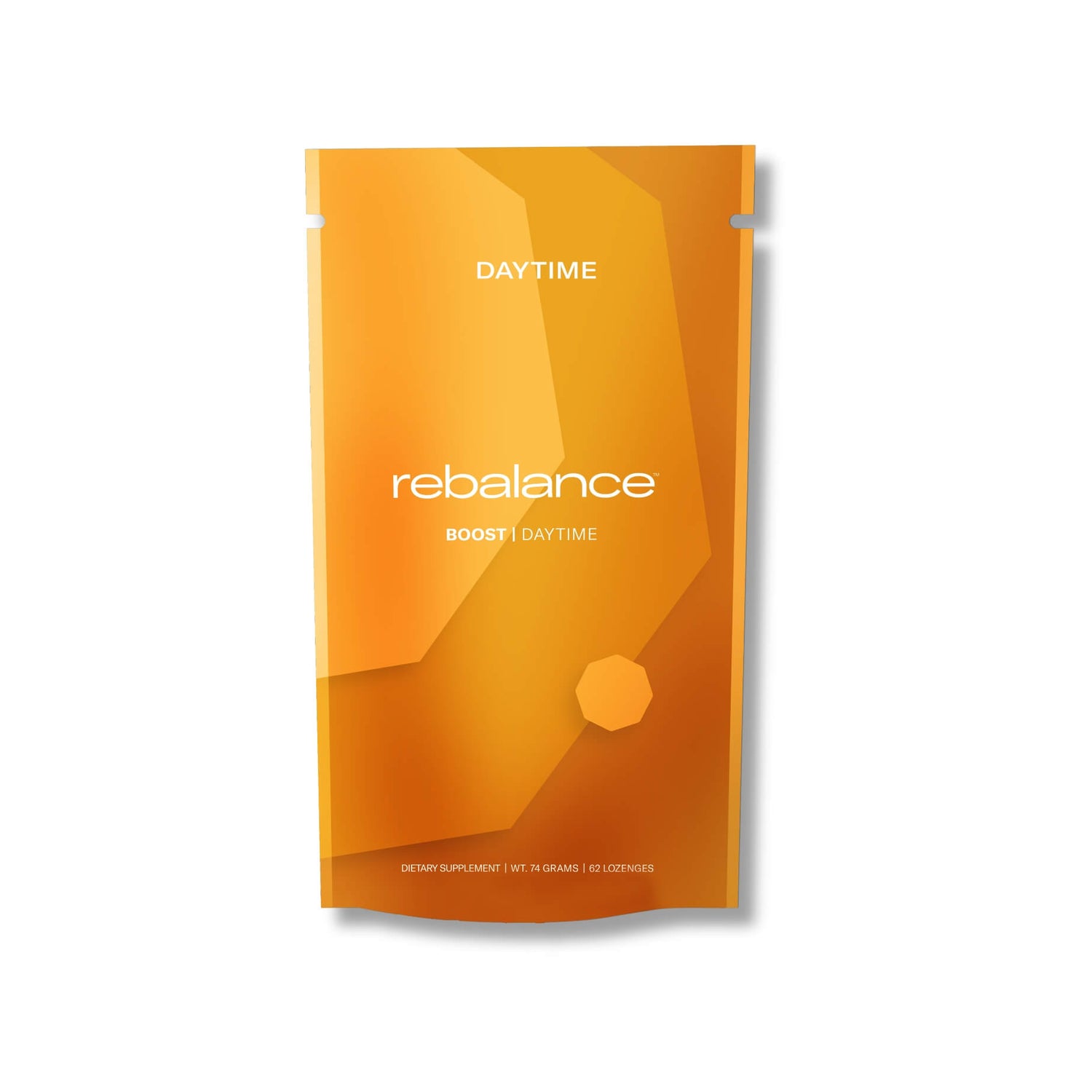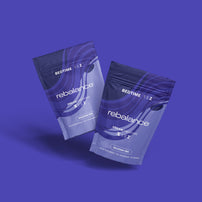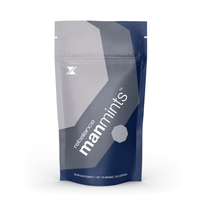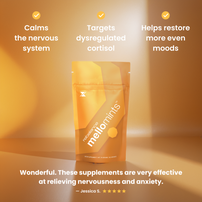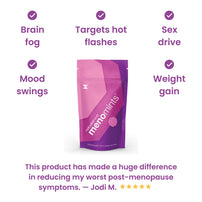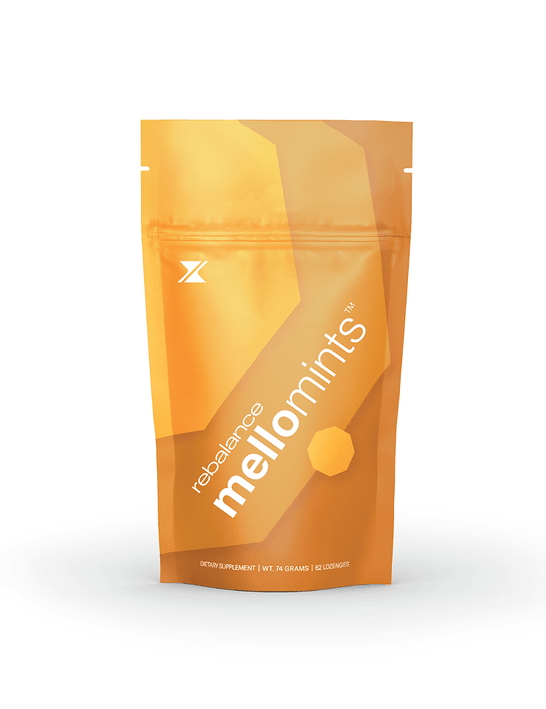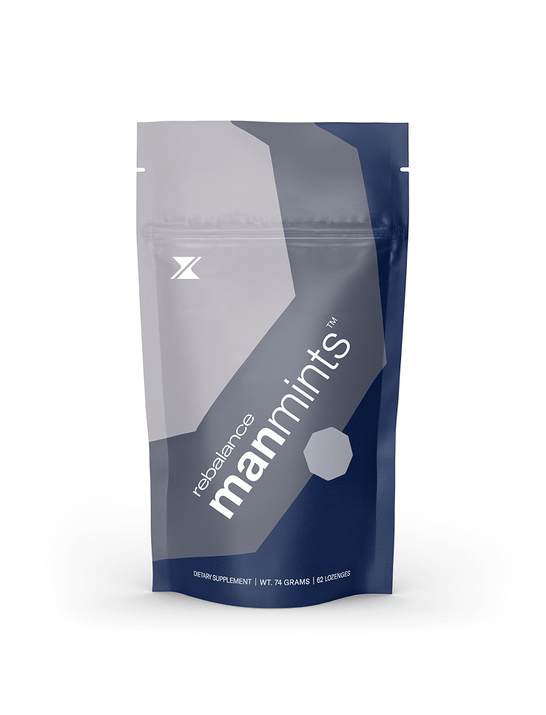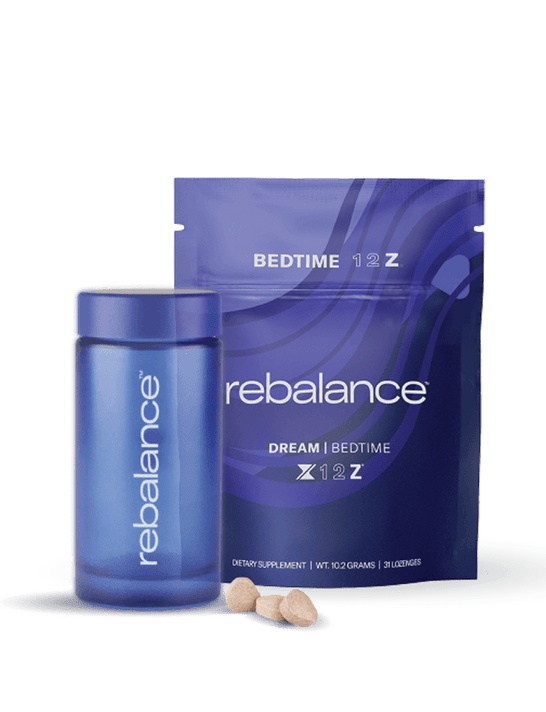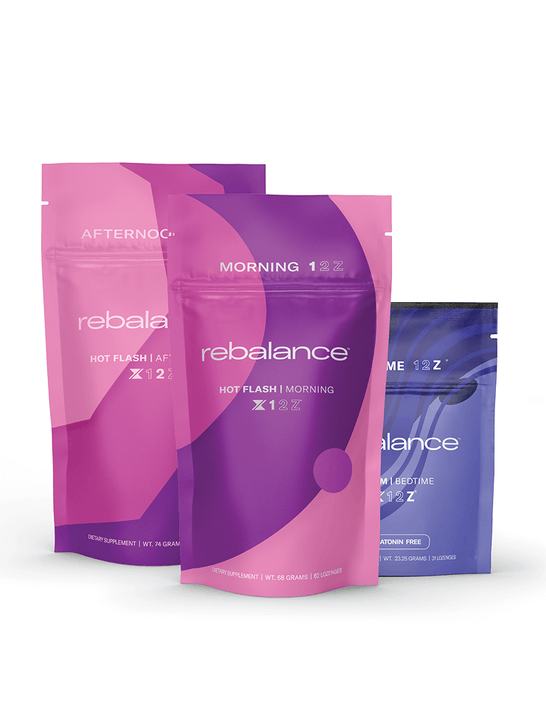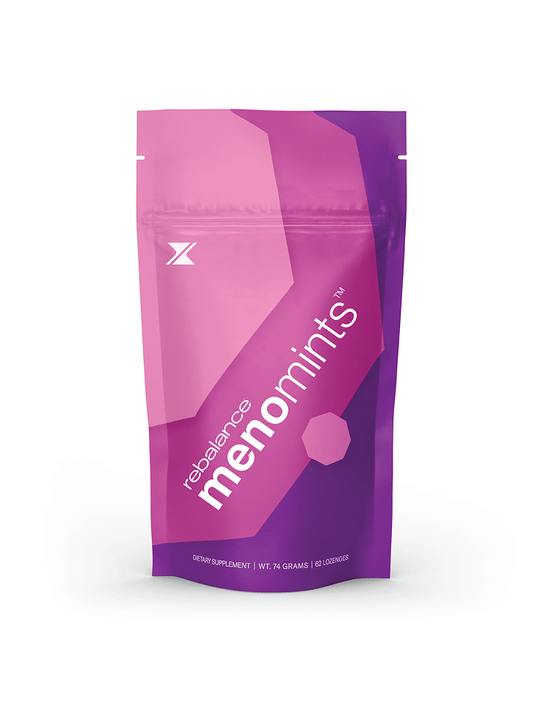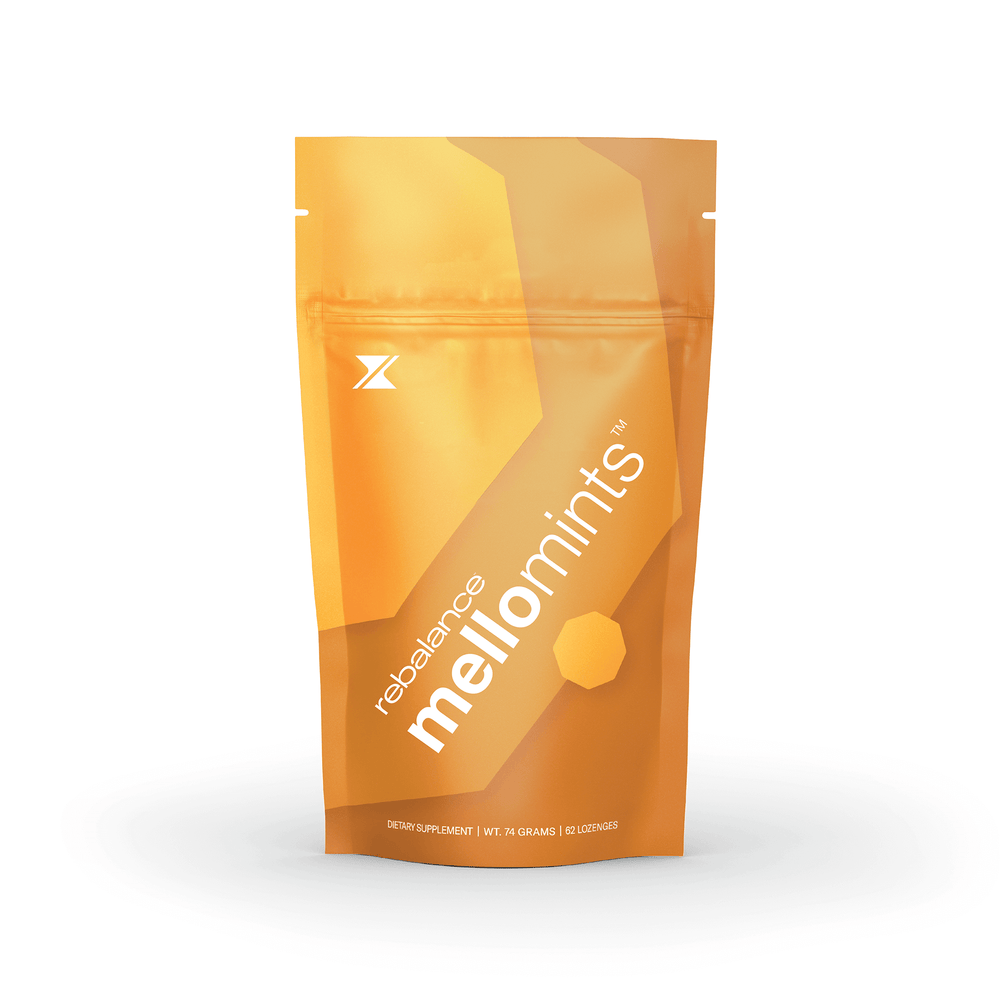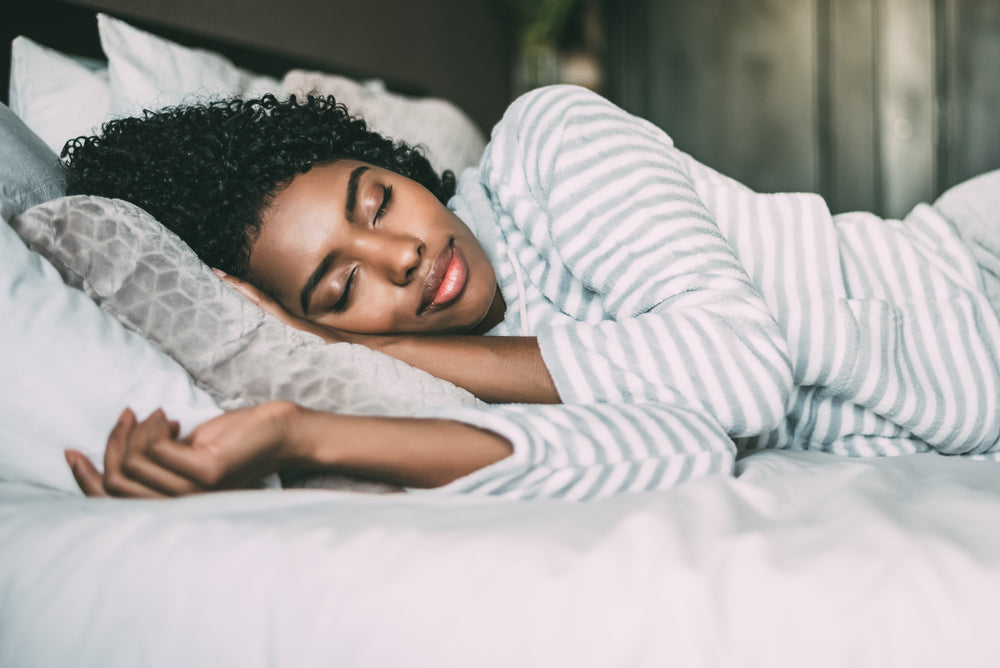How Sleep Affects Your Hormones
03/02/2022 by Rebalance Health
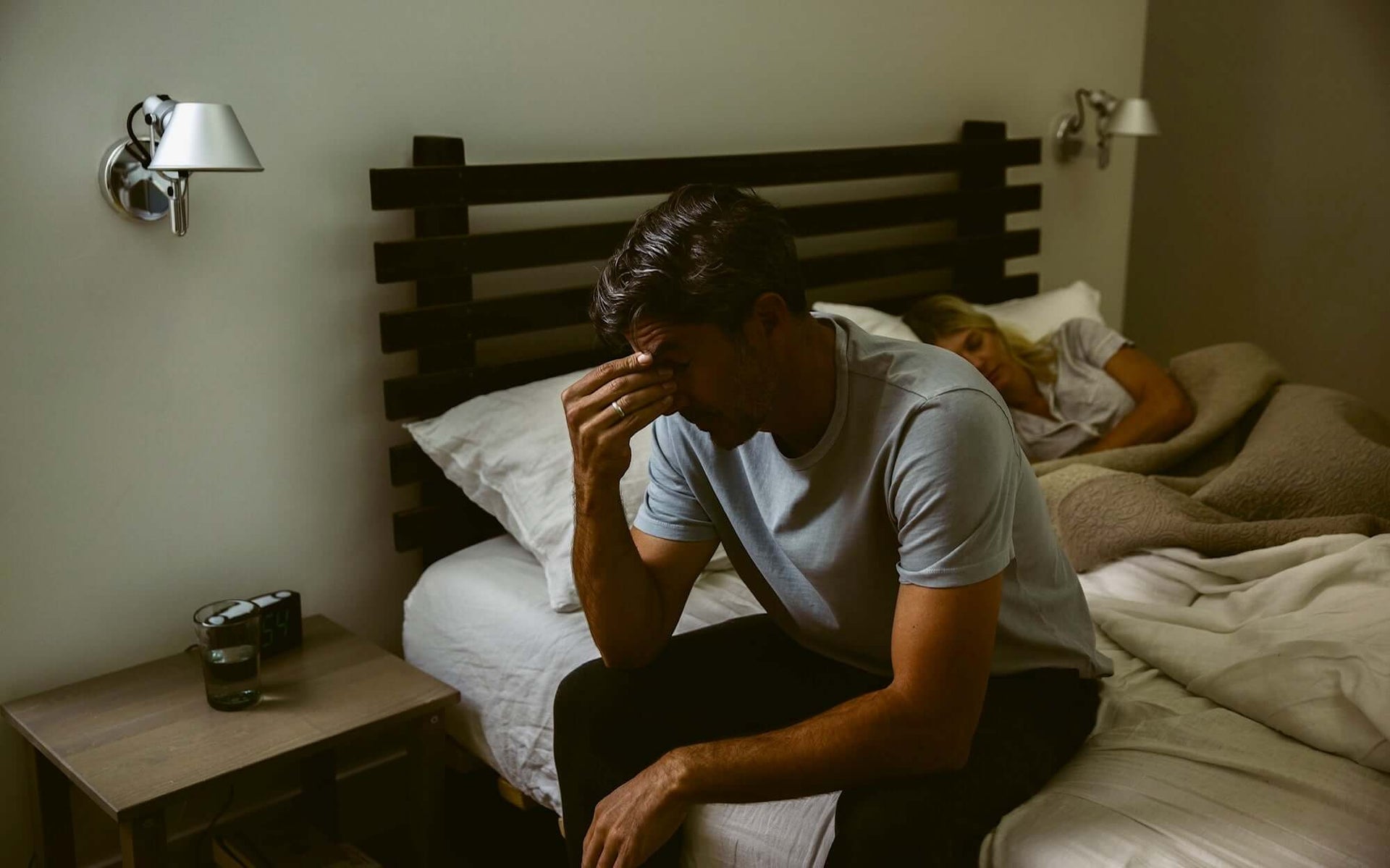
INSIDE THIS ARTICLE:
1. But isn’t there a sleep hormone?2. Does sleep increase hormones?
3. Why do hormones matter?
4. Is it really that simple?
Sleep is front and center at so many of our goals and something we seem to perpetually chase. At the base level, we just don’t want to be tired. We want to have energy and focus for the daytime, to give our best in our workouts, the boardroom and bedroom, and to make the most out of our lives. Something often missed is the connection of all these aspirations to the interplay of hormones and sleep, and we need our best sleep to do this. The quantity and quality of our sleep directly affects our hormones, a fact that is often overlooked.
But Isn’t There a Sleep Hormone?
Hormones are so integral to how our body goes about keeping us alive that there is even one specifically designed to get us to sleep. Melatonin is something your body produces. It wasn’t originally designed to be sold in bottles as a sleep aid. It’s naturally created in our pineal gland and partially in our retina. It’s our body’s way of telling the brain, the heart, and every other organ that the work whistle has blown and it’s time to “rest”.

The connection to the retina is imperative because melatonin starts to grow as it “sees” the sunlight diminishing, signaling that night is coming and sleep shouldn’t be far behind. This same connection is also why we should limit our exposure to screens
Does sleep Increase Hormones?
The truth is we need that melatonin hormone to do its job so we can get to sleep and stay asleep, because the repair and restoration that happens while we sleep is what helps keep us alive. It’s in sleep, and more specifically during REM sleep, when our bodies restock the shelves with so many of the hormones we need to be fully engaged when we are awake. Sleep releases and increases hormones and deep sleep gets our bodies the repair they need to recover from the previous day’s stressors.
As this study notes, “Several hormones are involved in sleep and circadian rhythmicity. Growth hormone levels are increased during sleep and peak immediately subsequent to sleep onset [3, 4]...Growth hormone is intermittently secreted during sleep”. The increase in hGH levels is a big deal. It’s what helps with tissue repair throughout the body and brain. It’s why muscles and wounds heal. It can keep you looking young.
Considering our bodies open the flood gates, releasing almost all hormones in response to our circadian rhythm, aka the sleep-wake cycle, sleep may be one of the most important things we do. To put it more bluntly, if we don’t sleep in our natural rhythm we can decrease hormone production. “When ignored, poor sleep will make you fall down a hormonal flight of stairs,” Sara Gottfried, MD says. “That’s true, whether you’re 30, 50, or 70.”
Most of us go about our days not giving our hormones much thought. Most men tend to think hormones are something that happen in puberty and it ends there. The reality is that our hormones have been keeping us alive, sometimes in spite of ourselves. They are the chemical messengers that keep the complex system that is our body working.
To put it more simply, imagine if the United States still used the pony express or snail mail as its main form of communication today? This notion sounds absurd but when we neglect sleep and, as a result, decrease hormone production, we are doing something similar to our bodies. We are operating our 21st-century bodies as if we were in the 1800s. No wonder we feel sluggish, slow, unmotivated, and lacking any sense of mojo.
Is It Really That Simple?
The fact that sleep is so integral to our health is simple. Getting to sleep and staying asleep, though, isn’t always so easy. Years of bad habits, high stress, poor diet, or lack of exercise don’t get turned around overnight. These all influence our circadian rhythm, and thus our hormones. We can always make positive changes. When we make steps to give our bodies better food, we find the energy to exercise more, which leads to helping reduce stress, which can help us sleep better…which can increase hormone production. And you can see where this is going.
“Your body restores itself when it’s in deep REM sleep. Just being unconscious, which is what most sleep aids do, does not help your body restore itself”, says Darren Clair, MD.
Sleep is where it’s at. Rebalance developed DREAM to help with this hormone repair we all need. It’s not a melatonin sleep aid. It has ashwagandha (KSM-66), phosphatidylserine (sunflower lecithin), magnolia officinalis, l-theanine, l-tryptophan, reishi mushroom, alongside melatonin, EDTA, and AstraGin® to make sure our bodies get what they need to help hormone levels and repair. Bringing hormone production into balance through deep REM sleep means we have the opportunity to be our best in every situation.
Overview

Stay Calm. Sleep Deep. Wake Clear.
A lozenge that supports deep sleep, better REM, and calmer nights. Without melatonin — unless you want it.
